Canada recently accepted a couple from Hong Kong as refugees, a welcoming signal to other pro-democracy activists who are forced to seek refuge abroad while the Communist government in Beijing continues to crackdown on civil rights in the former British colony.
On September 1, the couple was notified in a letter from the Immigration and Refugee Board of Canada that they had been determined by the refugee protection division as “Convention refugees,” according to an exclusive
interview with the Global and Mail.
The word “Convention” refers to the United Nations Convention Relating to the Status of Refugees, also known as the 1951 Refugee Convention. A “Convention refugee” is
defined as a person who cannot return to their home country due to “a well-founded fear of persecution based on race, religion, political opinion, nationality, or membership in a particular social group.”
The couple’s names were withheld to protect them and loved ones in Hong Kong from retaliation. Both are in their early 30s and had actively participated in the 2019 mass demonstrations against the Hong Kong government for its attempts to enact legislations allowing extradition to Mainland China. The man said he is affiliated with a well-known opposition party in Hong Kong.
Their activism was met with retribution and threats by the totalitarian Chinese government. The man said he was held by Chinese officers at one time, and had his house searched by the Hong Kong police who followed him home on another occasion. As the situation in Hong Kong escalated, the man said he had hid in a cave under a building sometime before fleeing the city.
Having been granted asylum in Canada, he said: “It feels now like I no longer need to hide, and I am finally somewhere I can live safely.”
The couple said they had received support from a Vancouver-based group called the
New Hong Kong Cultural Club. According to the club’s social media page, it aims to “gather the like-minded friends all over, standing united together and fight for Hong Kong’s future.” The club’s page bears the resonant slogan “Free Hong Kong, revolution our times,” which was banned and criminalized by the Hong Kong government in July.
Similar activist groups founded by pro-democracy Hong Kong diaspora have emerged in Canada since the anti-extradition movement in Hong Kong began last year. But not all of these activists have found safe haven in Canada. Supporters of accepting Hong Kong refugees note that most people in Hong Kong are well educated and would make a strong contribution to Canada.
Conservative critic Michael Chong, who assumed as the Shadow Minister of the Foreign Affairs last month, has said Canada can do more than accept a handful of asylum seekers from Hong Kong. He has made public statements supporting asylum for people from Hong Kong.
“The Liberal government’s China policy is completely incoherent,” he wrote in an
Twitter post on October 1. He urged Prime Minister Justin to reimpose sanctions on those in China responsible for violating human rights and international treaties in its mistreatment of Canadian citizens, Michael Kovrig and Michael Spavor, as well as ongoing abuses against Uyghurs and the people of Hong Kong.
Derek Burney, former Canadian ambassador to the United States, also urged the Canadian government to take tougher actions on China. In a National Post op-ed, Burney
suggests following Britain’s lead and offer automatic citizenship to any Hongkongers who wish to leave, and impose a Canadian version of the Magnitsky sanctions on Chinese officials complicit in the crackdown on the Asian city.
On September 30, the U.S. Department of State
announced that it had submitted a report to Congress, proposing to accept more than 300,000 refugee and asylum seekers in Fiscal Year 2021. Refugees from Hong Kong were included in the report, along with those from El Salvador, Guatemala, Honduras, Cuba, and Venezuela.
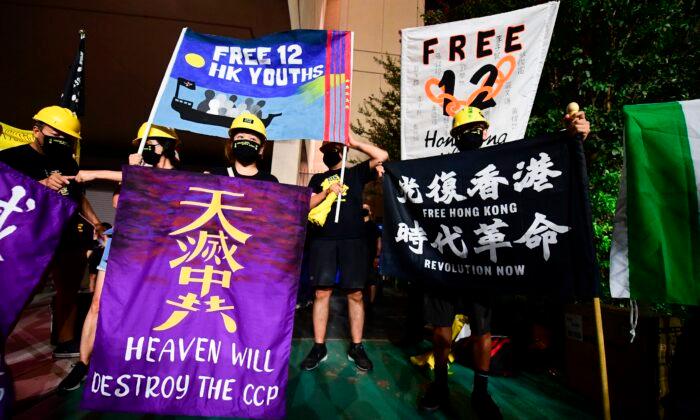

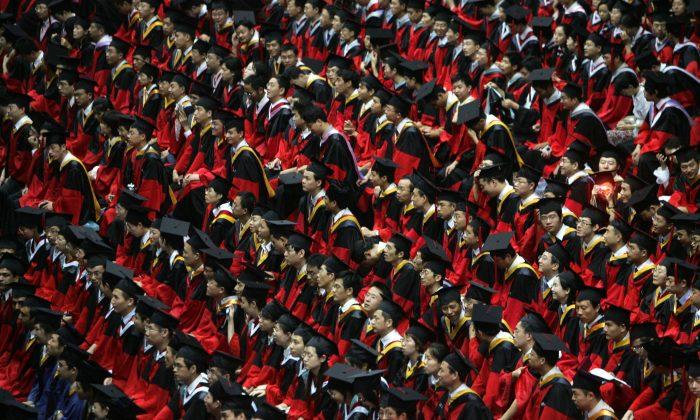
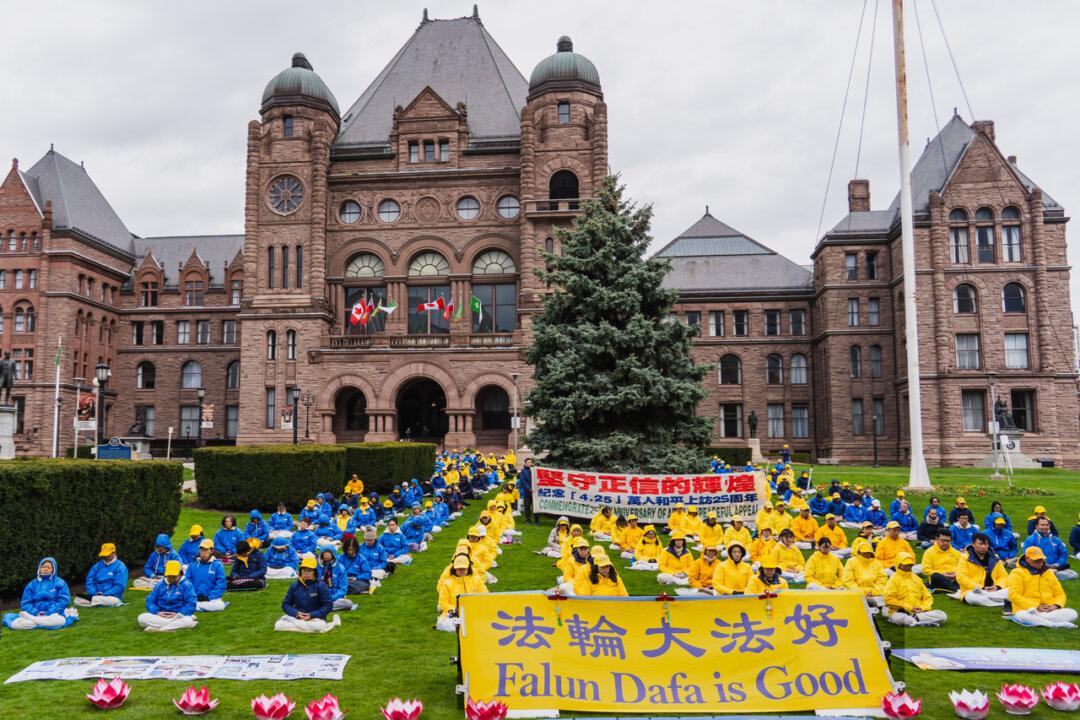
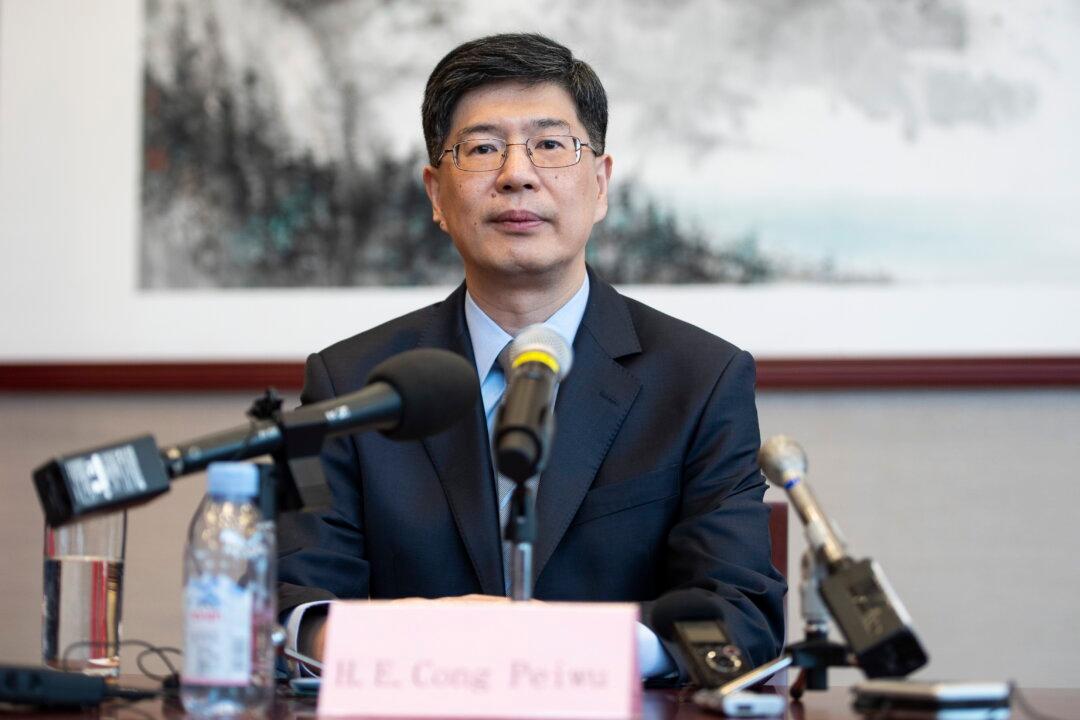
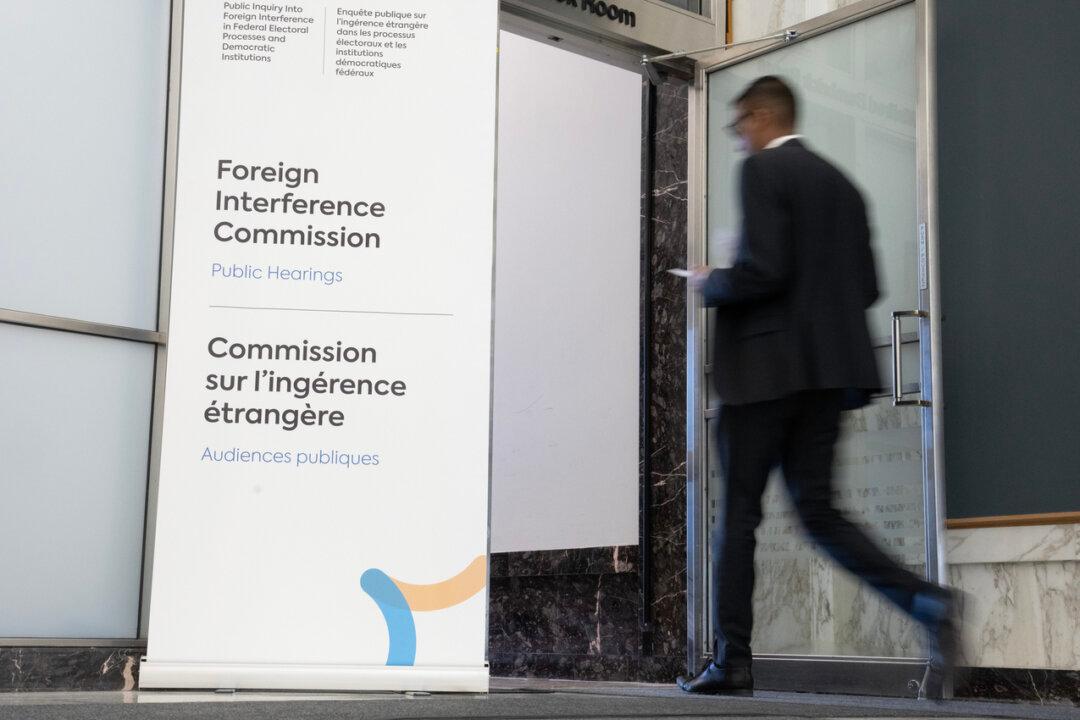
Friends Read Free